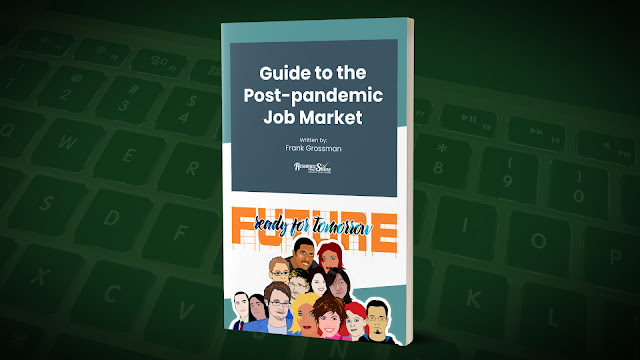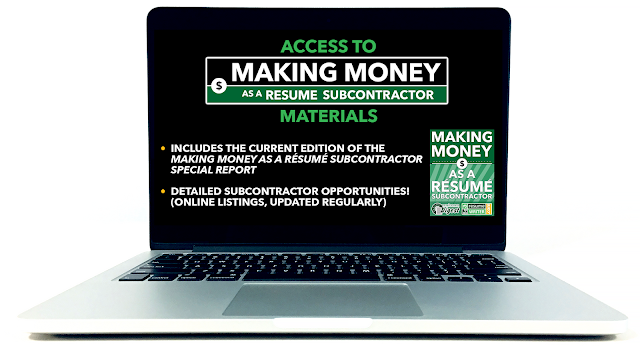Get to know other resume writers in our community with our “10 Questions” series!
Our newest profile is Madelyn Mackie of Madelyn Mackie & Associates | Activate Your Career Dreams.
Madelyn is the “career activator”! As a Certified Career Management Coach, member of the National Resume Writers’ Association, and former board member of the National Speakers Association, Madelyn offers conference keynotes, professional development trainings, and career coaching to help her clients design unique, job-getting documents, build successful career plans, and create lifelong success. She has been a professional resume writer for nine years.
Madelyn draws on her experience of navigating four high-profile careers — the lab (as a published biochemistry researcher), the stage (as a stage and production administrator at four Tony Award-winning theaters), the C-suite (as an officer with the American Red Cross), and the owner’s box (CEO of Madelyn Mackie & Associates, a career management and professional development firm) — to help individuals activate their career dreams.
1. Why did you decide to become a professional resume writer?
I never set out to be a resume writer. My goal was to be a professional speaker. I speak on career transition and tell the story of how I went from the lab, to the stage, to the C-suite, and often, I would be approached by members of my audience asking me if I could help them do the same thing — which translated into career coaching and resume writing.
2. How did you get into the career industry? What did you do before?
In my first career, I was a public bio-chemistry researcher. After I wrote and published my first paper, I quickly realized I had no intention of doing that for the next 40 years. For my next career, I worked in professional theatre for 15 years on the production side — and I loved it! Eventually, I got burned out and turned my volunteer work at the American Red Cross into a full-time role as a Program Manager and External Relations Officer.
3. What do you typically wear when you’re working?
Since the pandemic, it’s fuzzy slippers, leggings, a business top, and relentless red lipstick. Gotta look good on Zoom!
4. What is your best habit, and what is your worst?
I try to always treat everyone the way I would want to be treated. I firmly believe you put good things out in the world, good things will come back to you.
My worst habit is the snooze button.
5. What is your favorite object in your office? Why?
My business license from 2011. It reminds me to “take pride in how far I have come and faith in how far I can go.” When I applied for that license, I didn’t have a single client or speaking gig or even a business bank account. Now, 11 years later, I have all those things and so much more.
6. What is your “go to” technique or secret when you get stuck when you are writing a resume? How do you get unstuck?
I immediately go work on another part of the resume that is easier — like education or older experience and work my way backwards on the resume. By the time I get to the value statement at the top, I have some motivation and inspiration to write it.
7. What is the best career advice you ever got?
The best business advice I ever received is “Listen to your audience.”
8. How do you unplug?
I love sitting on my balcony with some cheese and crackers, an apple cider, and a romance novel. It’s nice to get away into the land of “happily ever after” for a little while.
9. What ONE thing would you change about your business or the career industry if you could?
Not a single thing. What I love best about our industry is that it is constantly changing and evolving. There is always something new to learn and my fellow resume writers never hesitate to share their knowledge and expertise.
Connect with Madelyn on LinkedIn:
Find her company on Facebook:




